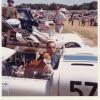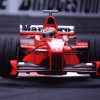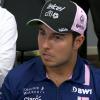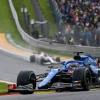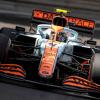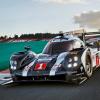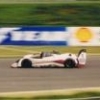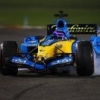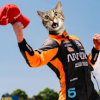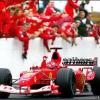How do contemporary F1 programs evaluate driver potential, in addition to their results in lower categories (aside from business related factors like sponsorship funding and media chops)?
I recall the stories about Moss being able to read a postage stamp from across multiple continents... And how Jack Brabham apparently maintained a moderate pulse rate even under pressure of aircraft malfunctions or something. I'm sure there are many such stories I'm not aware of, but I always enjoy hearing them.
There was an early 80's study of Villenueve and Pironi heart rates at various racing venues. Sid Watson later cited it in his first book, but I recall hearing about it around the time both drivers were still with us. Evidently GV's data showed him to be less "stressed" in driving situations, based on tracking of pulse rates. Watkins goes into other details of his interest in the topic, but my primary impression at the time was that this data being public would serve as a boost to GV and undermine DP's confidence, the latter knowing his body was working harder under similar conditions.
All of which is indirect background to the question I had in relation to the current state of the sport. With so many young driver programs out there, we rarely hear of any sort of evaluations that might be happening, but it seems likely that the teams would be doing some significant diligence on the mental and physical potential of their young talent, given the cost of developing someone like a Piastri or Antonelli. They talk up "great new talents", but how do they know?
I recall Niki Lauda describing his physio program with Willi Dungl, focused specifically on operating an F1 car (no unnecessary muscle mass...or something to that effect was one takeaway). These days the athletic training seems like a given at the top levels of the sport, but I'm wondering about how or if that "innate" potential is evaluated more than the way a driver might work to train himself to maximize their potential.
Is becoming a great F1 talent a matter of nature or nurture? Or both and in what degree? And what can we know about what are likely highly guarded secrets as teams jockey to evaluate and secure the next great talent?
Edited by amerikalei, 13 January 2025 - 15:59.


